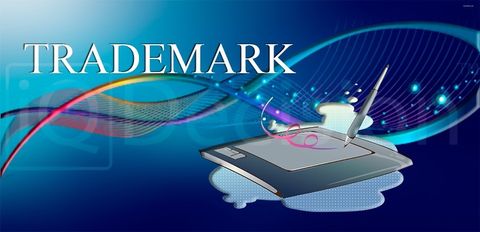The coronavirus pandemic is making European companies face new & unexpected challenges, one of which includes affixing signatures to documents. Modern technology makes it possible to quickly switch to remote work; however, remotely signing documents when registering a TM in Europe can take a lot more time & require careful planning.
While TM regulation in Europe doesn’t envisage observation of a lot of paper formalities, there are situations where paperwork is simply unavoidable. For instance, drawing up contracts with 3rd parties & remotely processing documents may prove to be a problem if there’s no software for affixing legally binding digital signatures.
The Use of Digital Signatures
Those interested in obtaining a license for European TMs should keep in mind that British & European legislation provide for the use of digital & handwritten signatures. A guide containing legal advice on registering a TM in Great Britain amid the COVID-19 pandemic has recently been published in Great Britain.
Forms of Acceptable Digital Signatures
Several kinds of digital signatures are allowed in Great britain. Let’s have a look at the most common forms of e-signatures:
- typed names;
- photos of signatures inserted into digital copies of documents;
- signatures provided by digital signature platforms;
- signing a name with a pens or finger on a screen of a tablet.
UK’s Legal Commission: Recommendations
Entrepreneurs planning on starting a business or seeking TM protection in Great Britain, should keep in mind the recommendations for the digital processing of documentation & use of digital signatures that have recently been published in Great Britain. According to them, they should:
- reach an agreement on the best way of managing a transaction.
- check each party’s credentials;
- provide proof necessary for verification.
- get information on the requirements for digital signatures in a respective jurisdiction.
Ways of Coping With the Paperwork Challenge
Even though the COVID-19 pandemic has made managing paperwork much harder, entrepreneurs wishing to register a TM in Great Britain or obtain a TM license in Europe can still cope with this challenge. All they need to do is simply follow very simple & straightforward recommendations. In particular, they should:
- agree on signature methods well in advance;
- prepare scans, photos or printouts of digital signatures;
- provide documents’ originals if digital signatures aren’t accepted;
- verify in advance which certificates are necessary & which local certification requirements must be met;
- notarize the necessary documents & inform 3rd parties about limited services provided in Great Britain.
Need more information on e-signatures in TM documents? Looking for legal advice on e-signature regulation in Great Britain & the EU? Why not reach out to IQ Decision UK? Our legal experts will be happy to give you a hand with any legal issues you’re facing.

















